Vitamin D3 is more potent than vitamin D2. It is more effective in increasing and maintaining vitamin D levels in the body than vitamin D2. Vitamin D3 is considered the more biologically active form, as the body can more efficiently convert it into the active hormone form of vitamin D, known as calcitriol.. Vitamin D is a nutrient your body needs for building and maintaining healthy bones. That's because your body can only absorb calcium, the primary component of bone, when vitamin D is present. Vitamin D also regulates many other cellular functions in your body. Its anti-inflammatory, antioxidant and neuroprotective properties support immune.

Vitamin D3 Supplement Basics Vitamin D3 Supplement 2130573 I've been taking vitamin d
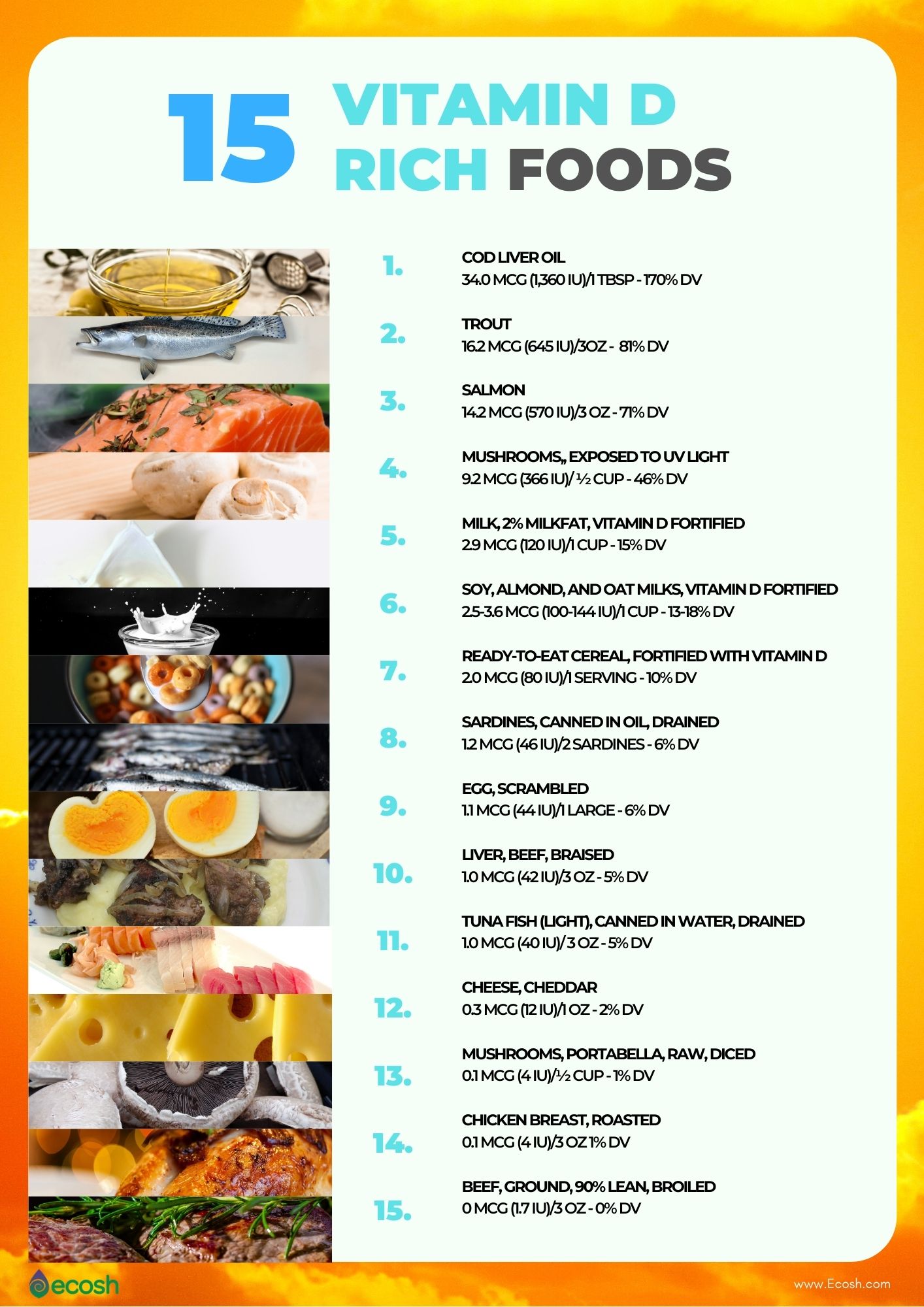
VITAMIN D 16 Health Benefits and 15 Vitamin D Rich Foods Ecosh
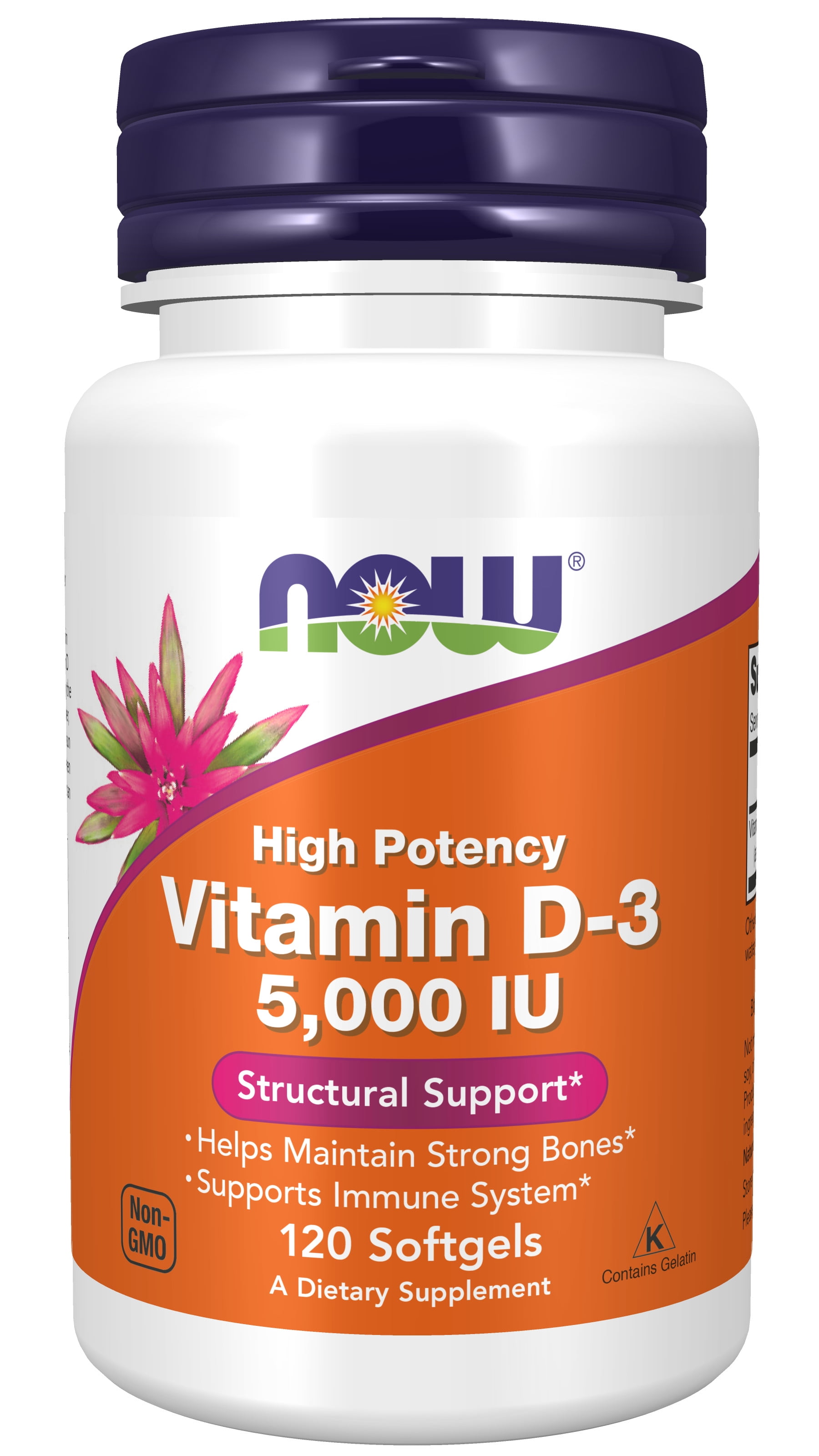
NOW Supplements, Vitamin D3 5,000 IU, High Potency, Structural Support*, 120 Softgels

iLEAF NATURALS K2 + D3 Vitamins Supplement with BioPerine® Black Pepper 60 Veggie Capsules

Now Foods, Vitamin D3, High Potency, 5,000 IU, 240 Softgels iHerb
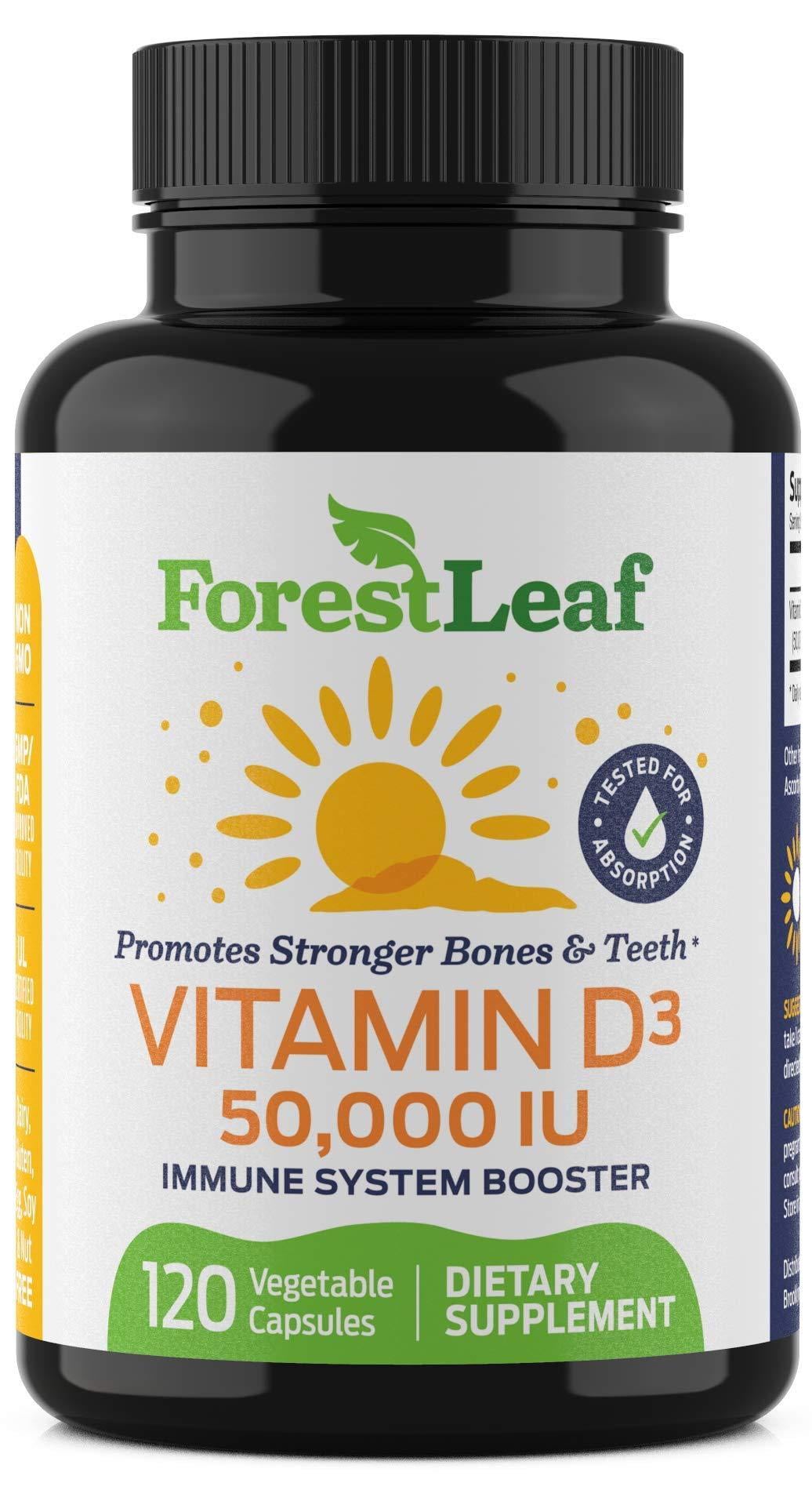
Vitamin D3 50,000 IU Weekly Supplement 120 Vegetable Capsules Helps Boost and Strengthen
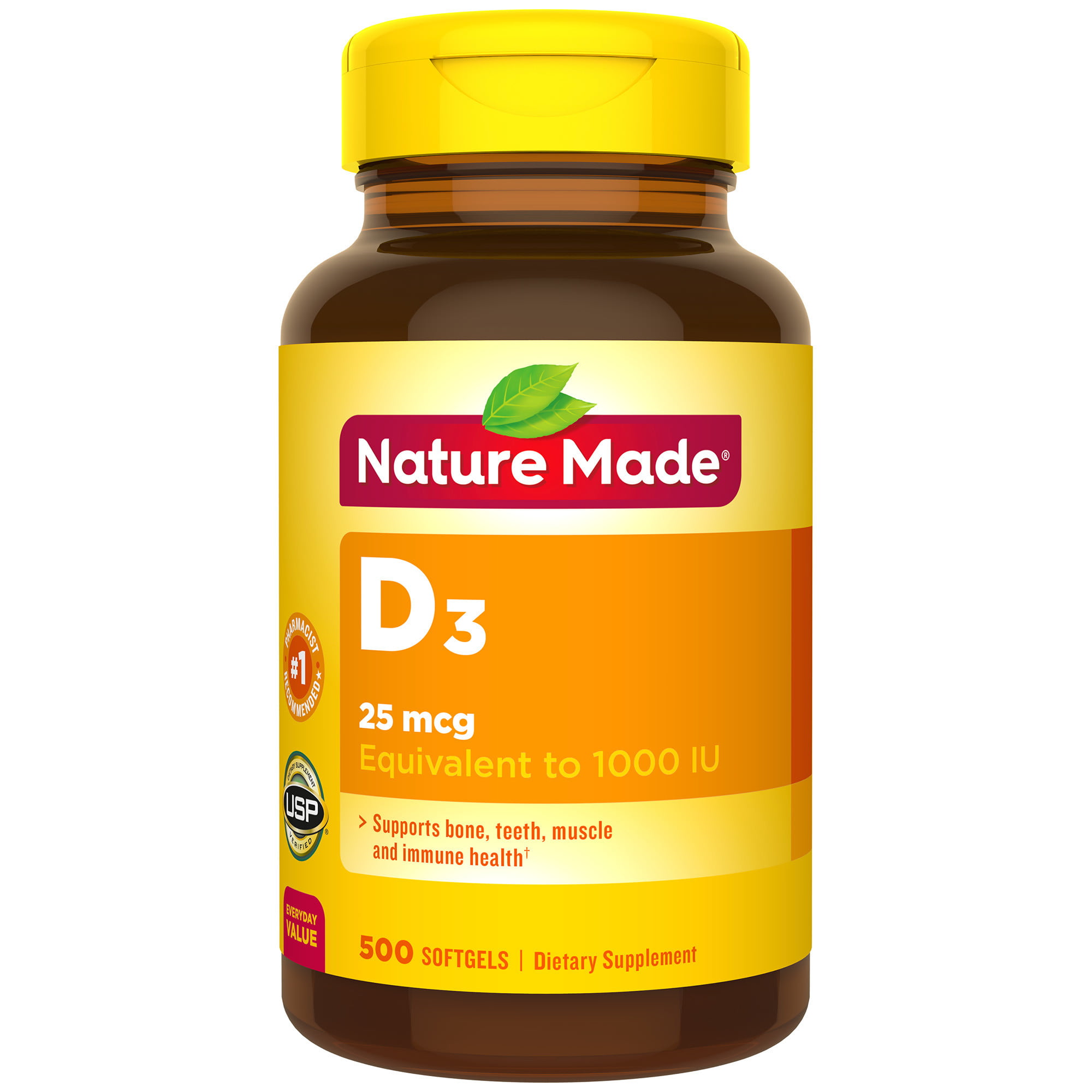
Nature Made Vitamin D3 1000 IU (25mcg) Softgels, 500 Count Everyday Value for Bone Health
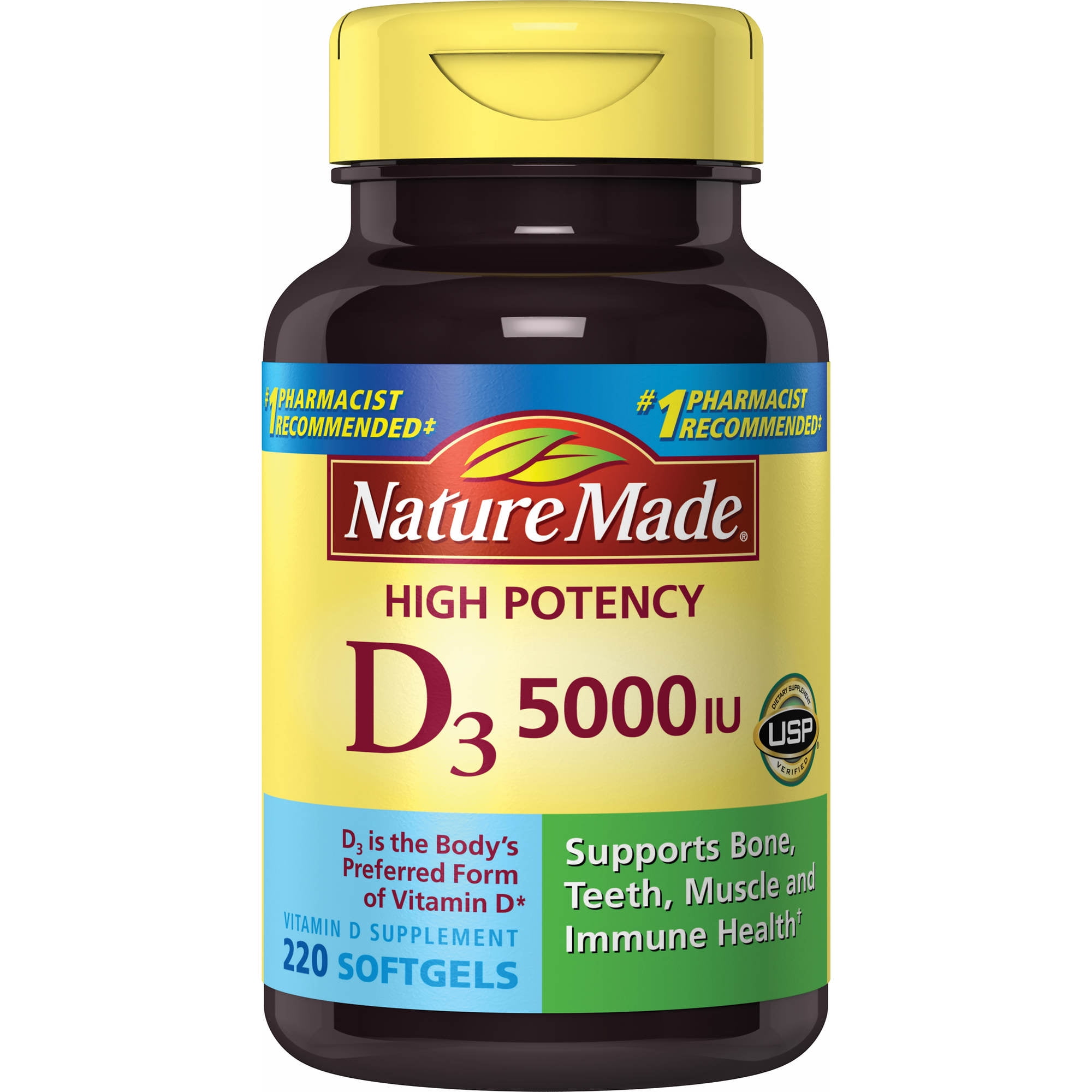
Nature Made Vitamin D3 , 220 Count Softgels
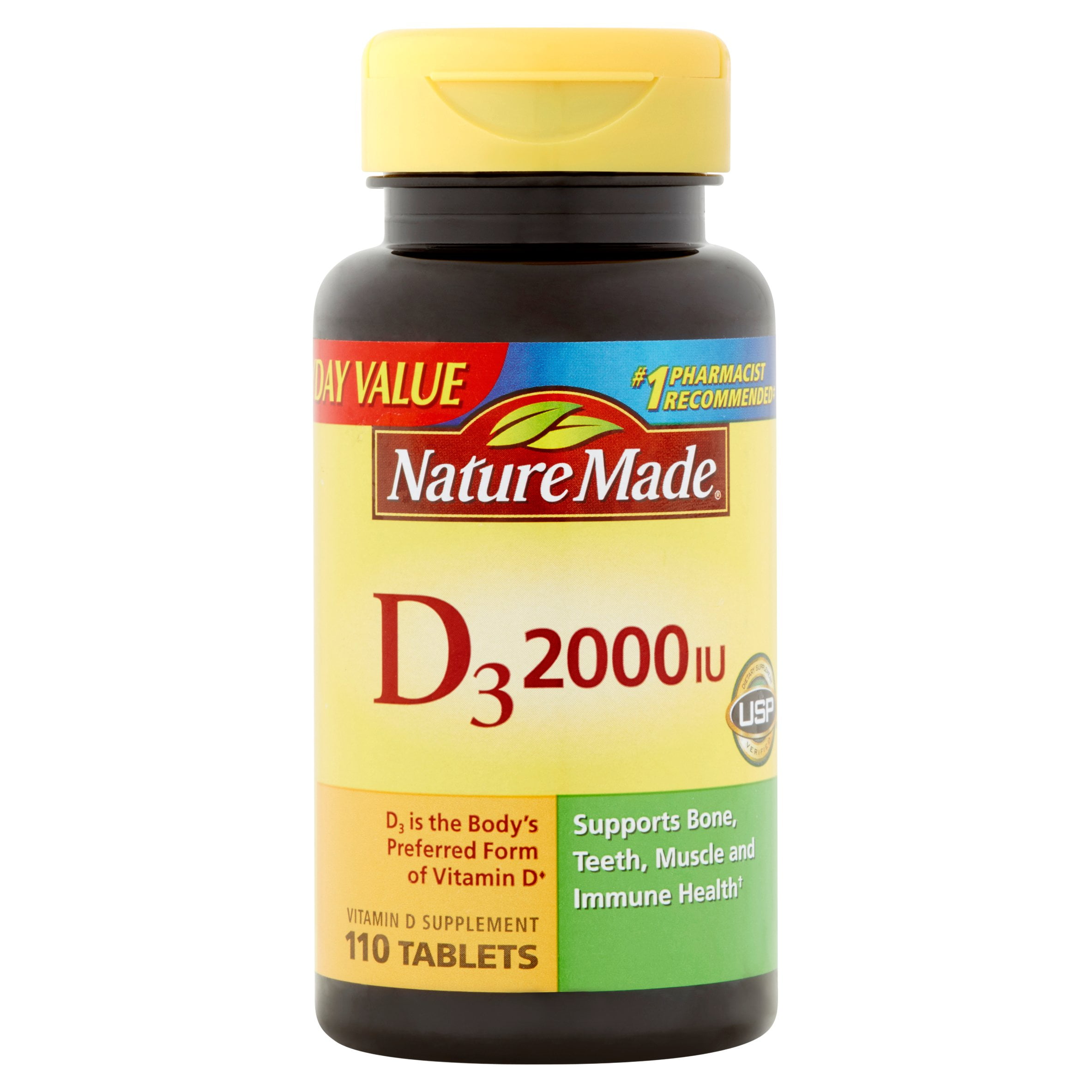
Nature Made Vitamin D3 Dietary Supplement Tablets, 2000 I.U., 110 ct
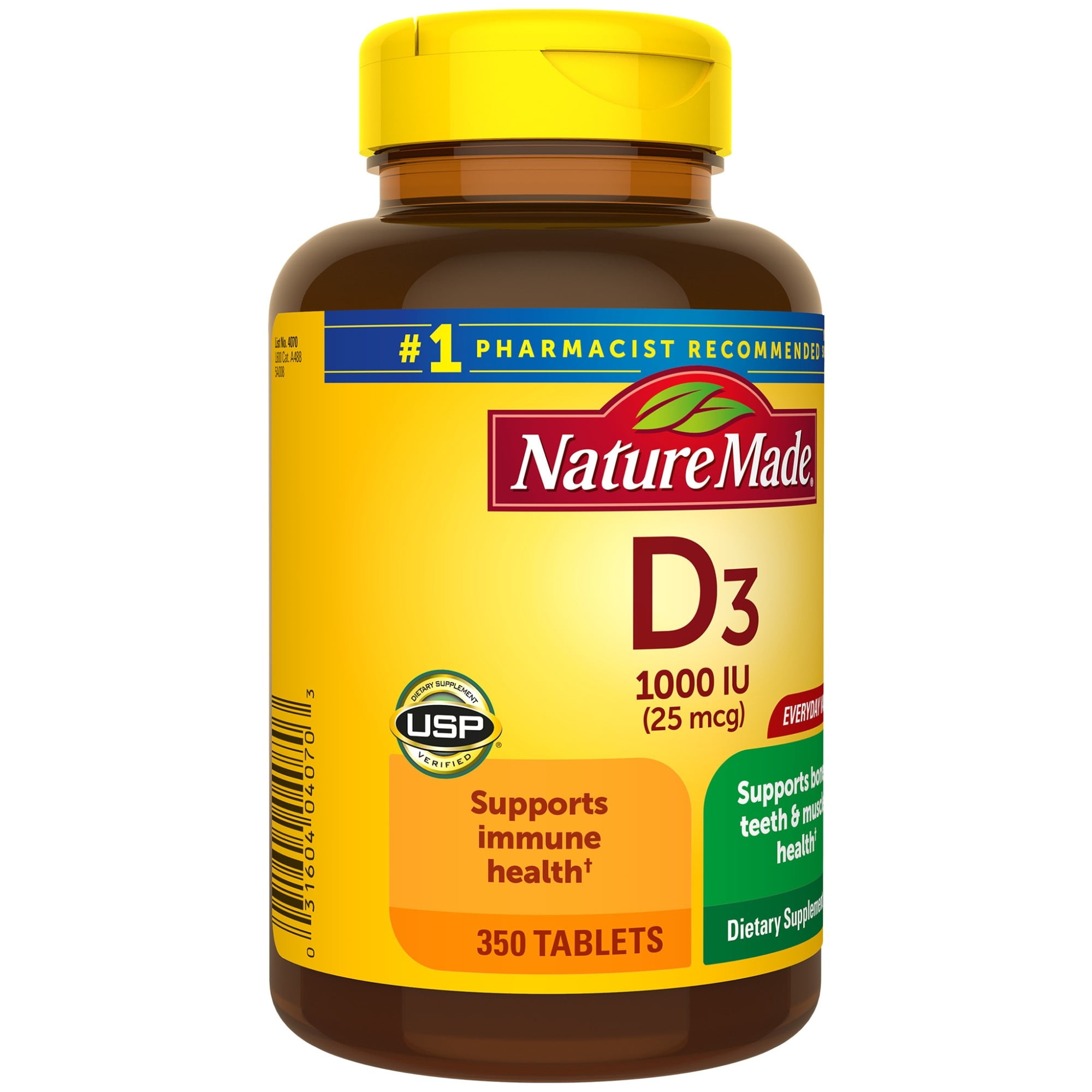
Vitamin D Tablets / Valupak Vitamin D3 1000iu Tablets Travelpharm Allergy research group
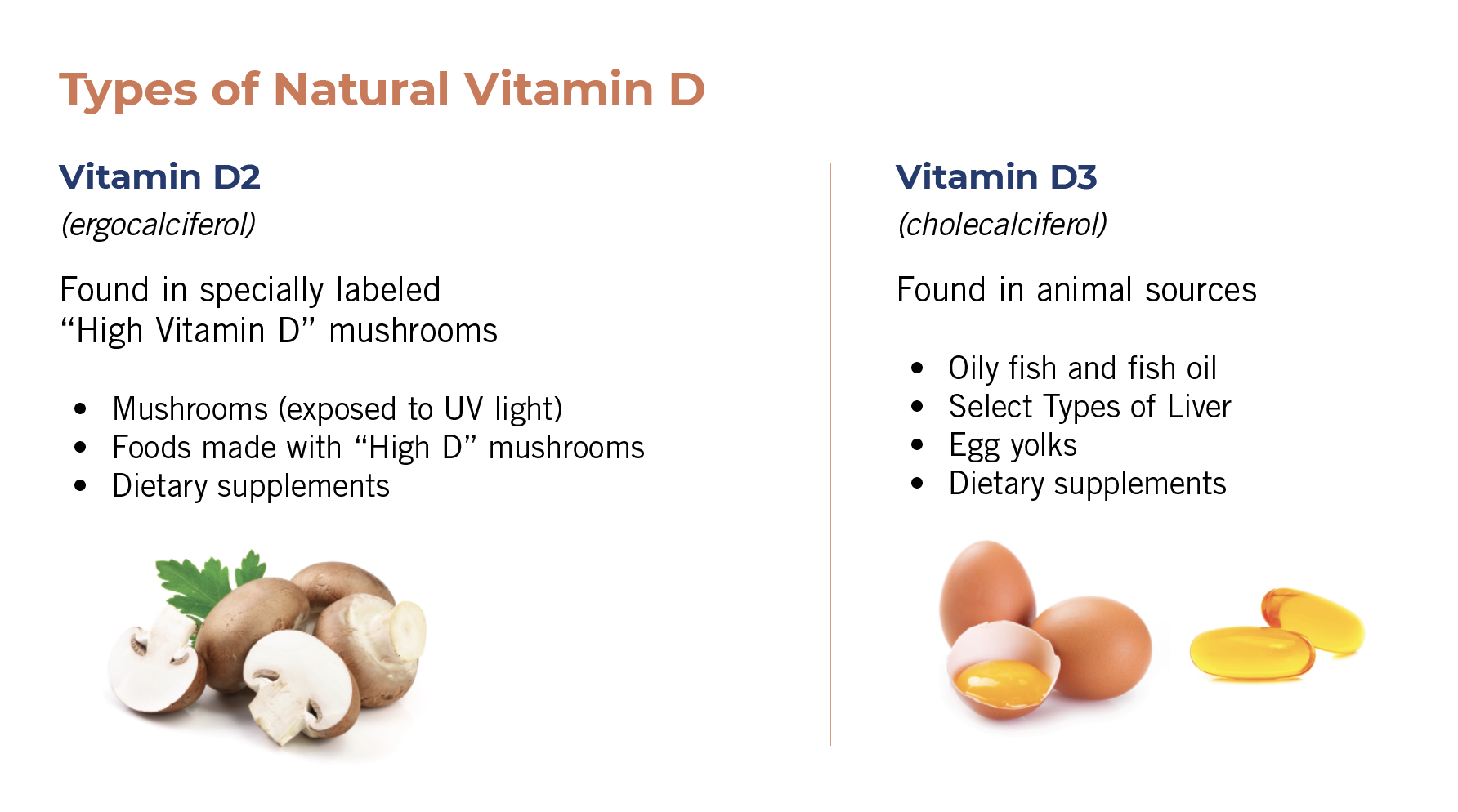
How Mushrooms High in Vitamin D
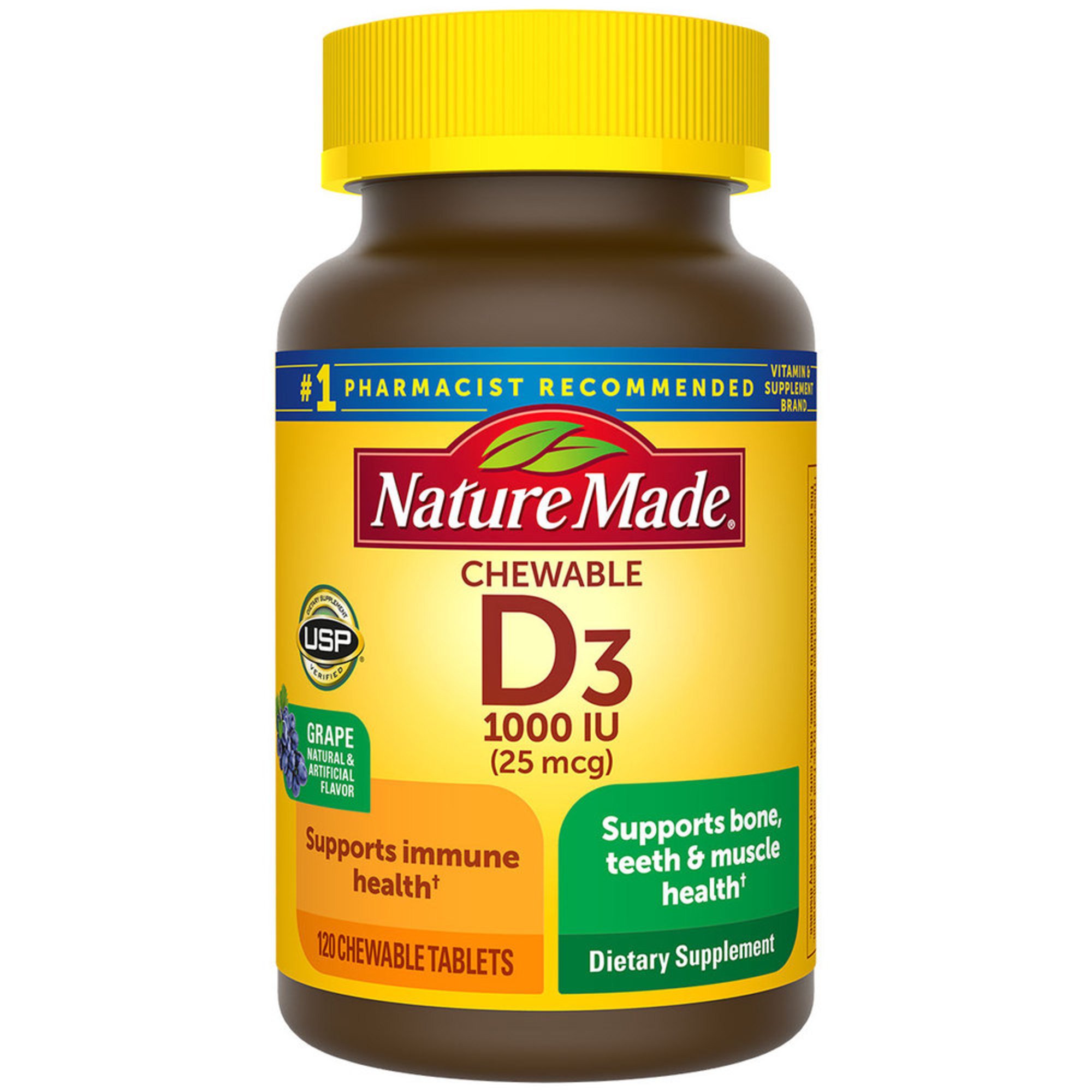
Nature Made Vitamin D/d3 1000 Iu 120ct Letters Fitness Shop Your Navy Exchange Official Site
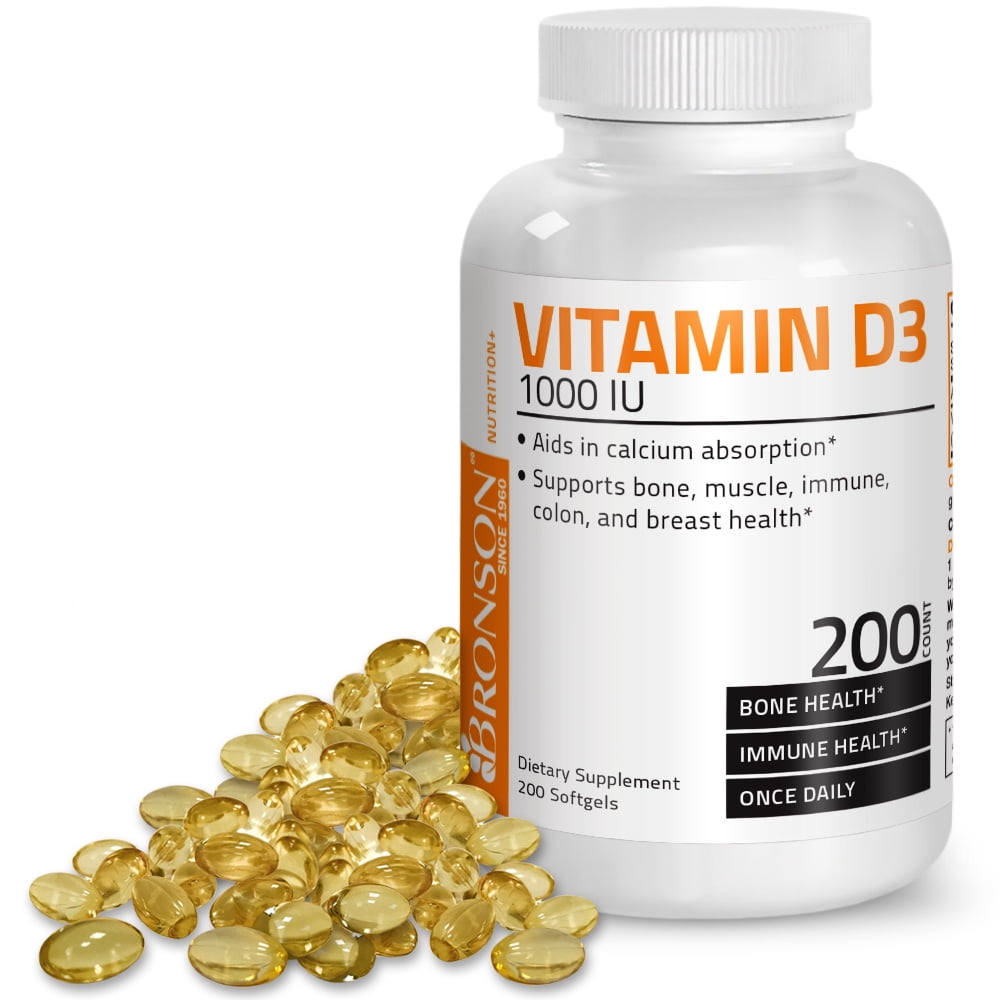
Bronson Vitamin D3 1000 IU, 200 Softgels

Vitamin D3 Supplement / Vitamin D3 Supplement Nature's NutriCare Calcipotriene (dovonex
Nature Made Vitamin D3 5000 IU, 90 Softgels Health & Wellness Vitamins & Supplements Vitamins
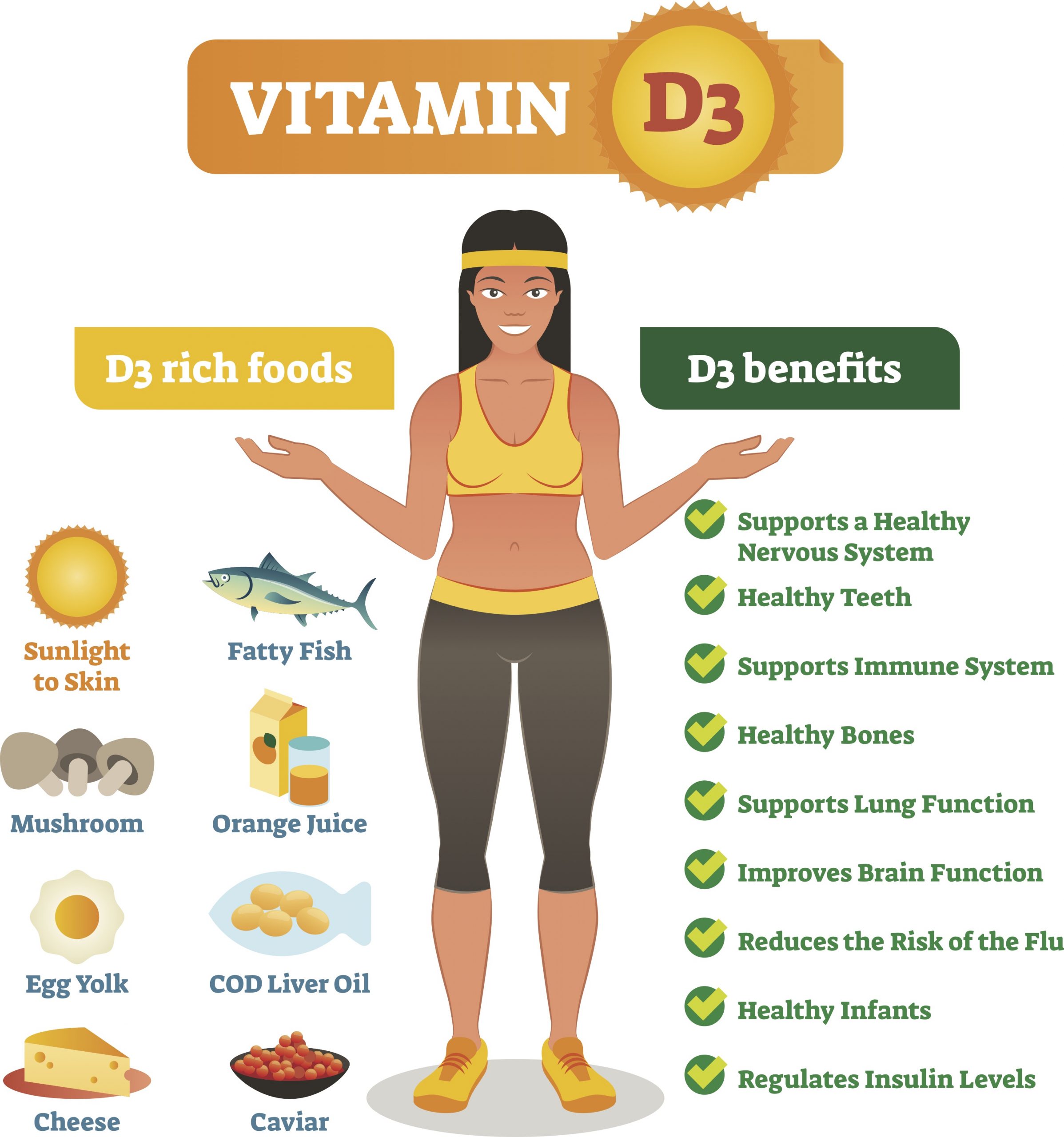
Why All This Talk About Vitamin D3? Script Pharmacy
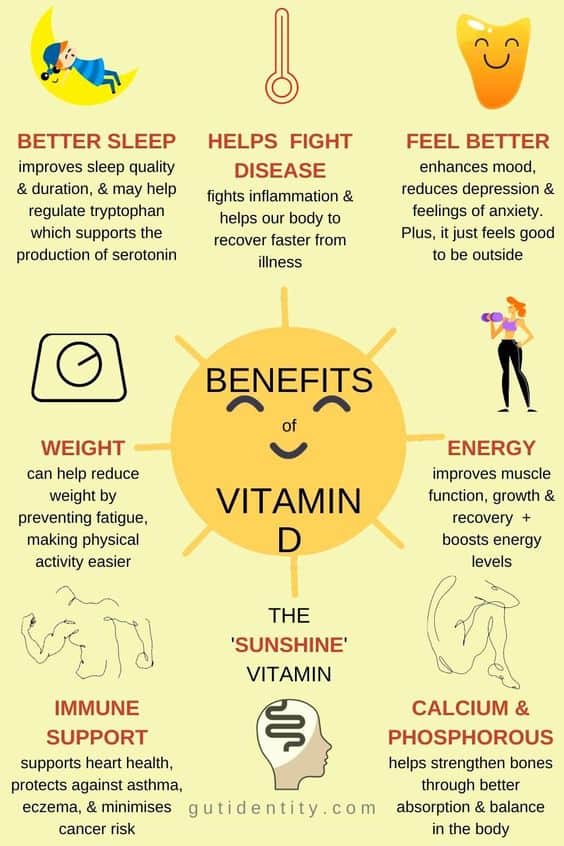
Vitamin D Your Daily Dose Of Sunshine Daily Infographic

30 Foods High In Vitamin D Nutrition Advance

D Vitamins Products D Vitamins Supplements Puritan's Pride
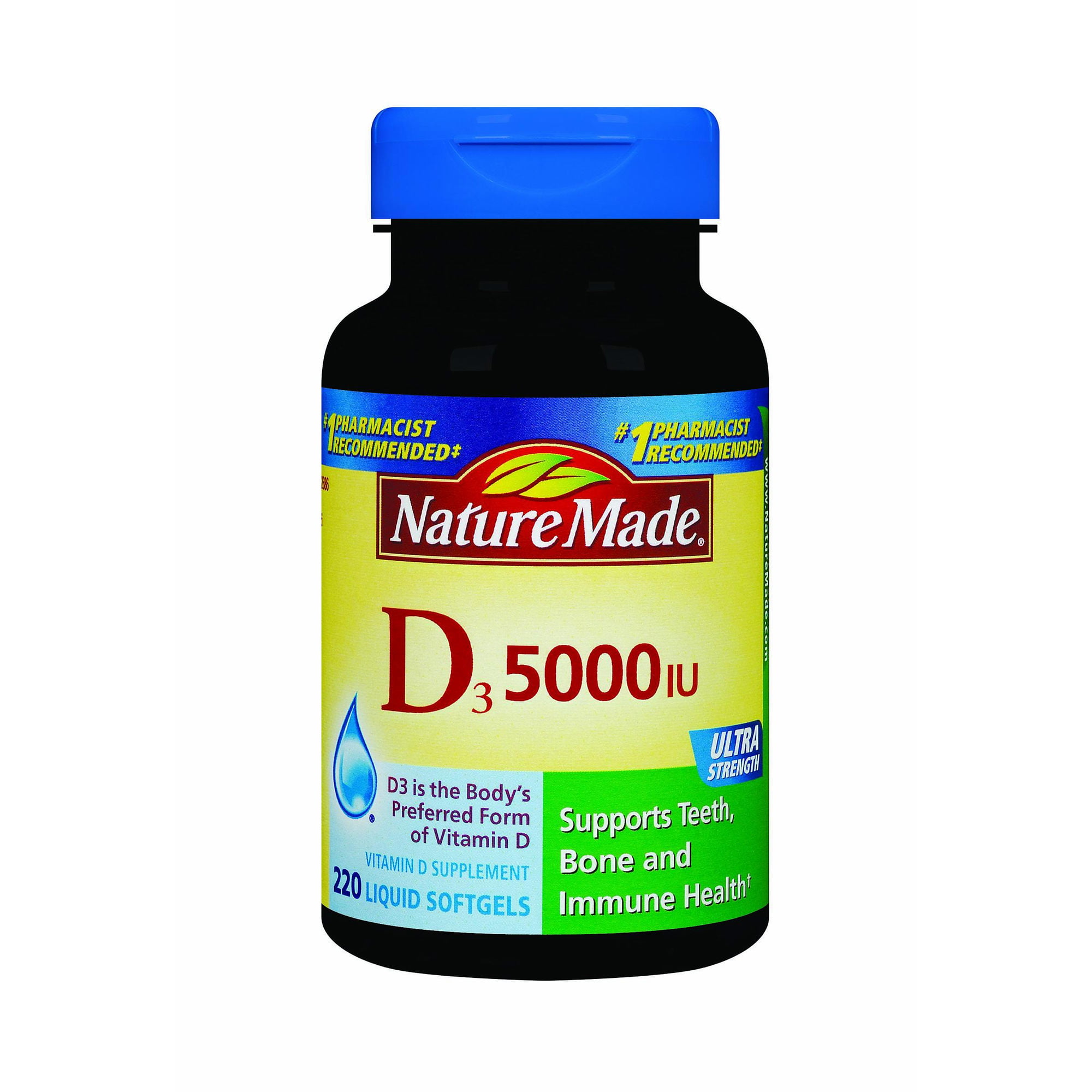
Nature Made Vitamin D3 5,000 IU Softgels, 220 ct.
While you might consider eating more foods containing vitamin D and getting more sunlight, your healthcare provider will likely recommend taking vitamin D supplements. Vitamin D comes in two forms: D2 and D3. D2 (ergocalciferol) comes from plants. D3 (cholecalciferol) comes from animals. You need a prescription to get D2.. The Institute of Medicine has placed the recommended dietary allowance, or RDA, for vitamin D at 600 international units (IU) per day for young adults and 800 IU per day for adults older than 70. Other experts suggest that adults' vitamin D needs are much higher. For example, the Endocrine Society recommends up to 1,500 to 2,000 IU of vitamin.